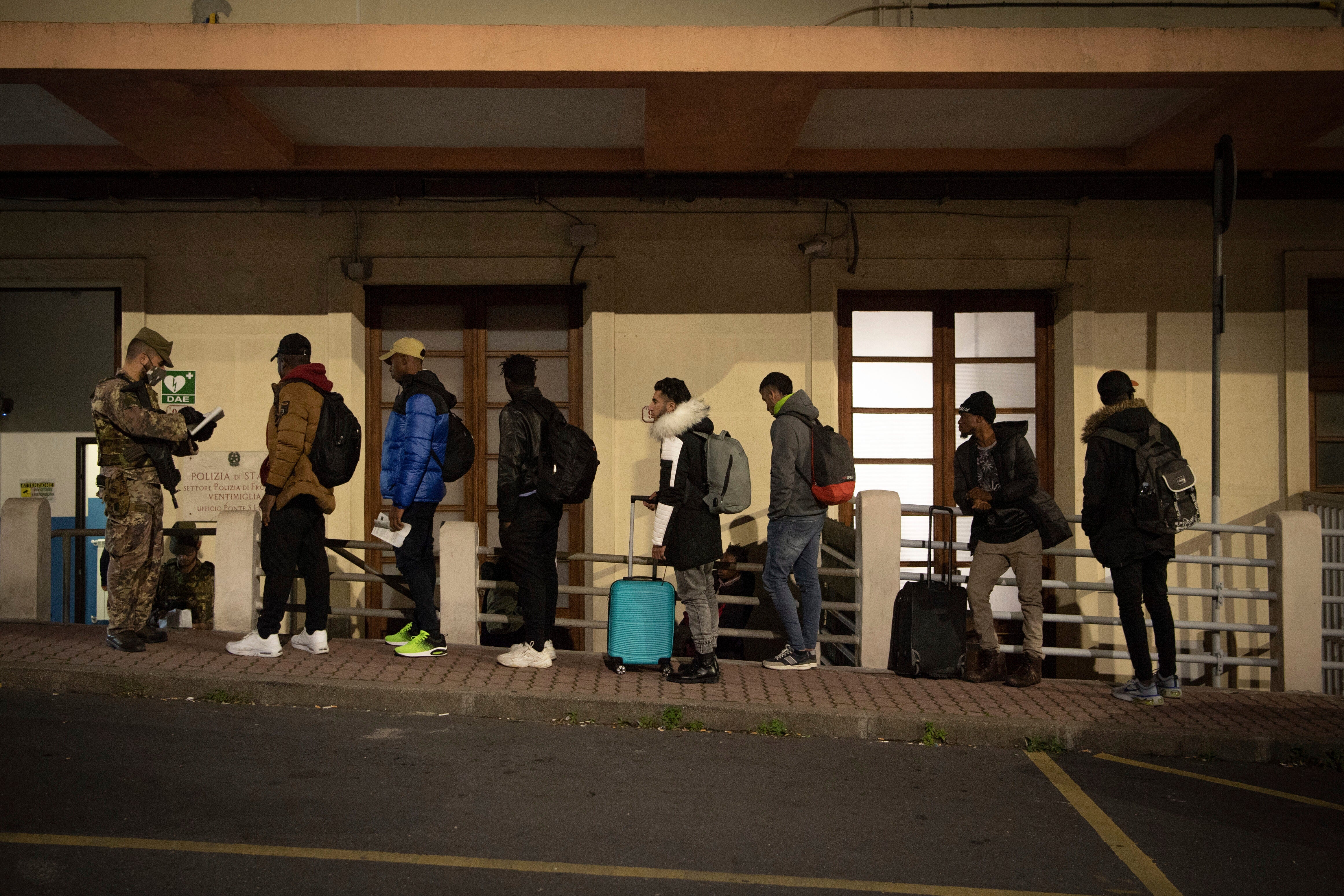EU border agency says illegal migration entries spiking
The European Union’s border agency says that the number of illegal entries by migrants spiked to more than 275,000 in the January through October period this year

The European Union’s border agency said Monday that the number of illegal entries by migrants spiked to more than 275,000 in the January through October period this year.
The figure is 73% higher than at the same time in 2021, and the highest since a peak in 2016, Frontex said.
The Warsaw-based European Border and Coast Guard Agency said that most entries continue to happen on the Western Balkan route, where over 128,000 of them were detected. The migrants on that route are mainly from Burundi, Afghanistan and Iraq.
The central Mediterranean route, with migrants chiefly trying to reach Italy, has also seen a 48% rise in unauthorized arrivals, surpassing 79,000 in the first 10 months of 2022, a Frontex statement said.
However, the activity has slowed down on the Western Mediterranean route and on the land route from Ukraine and Belarus. EU members Poland, Lithuania and Latvia have built walls on their borders with Belarus to stop the migrants from trying to illegally enter.
Frontex said that the high number of crossings on the West Balkans area “can be attributed to repeated attempts to cross the border by migrants already present” in the area, but also to people “abusing visa-free access to the region."
It said some migrants fly visa-free to Belgrade, the capital of Serbia, which isn't in the EU, and then head toward the external border of the 27-member bloc.
In response, Frontex has added more than 500 corps officers and staff to the region.
In total, more than 2,300 corps officers and Frontex staff are “taking part in various operational activities at the EU external border,” the agency said.
___
Follow AP’s coverage of migration issues at https://apnews.com/hub/migration
Bookmark popover
Removed from bookmarks